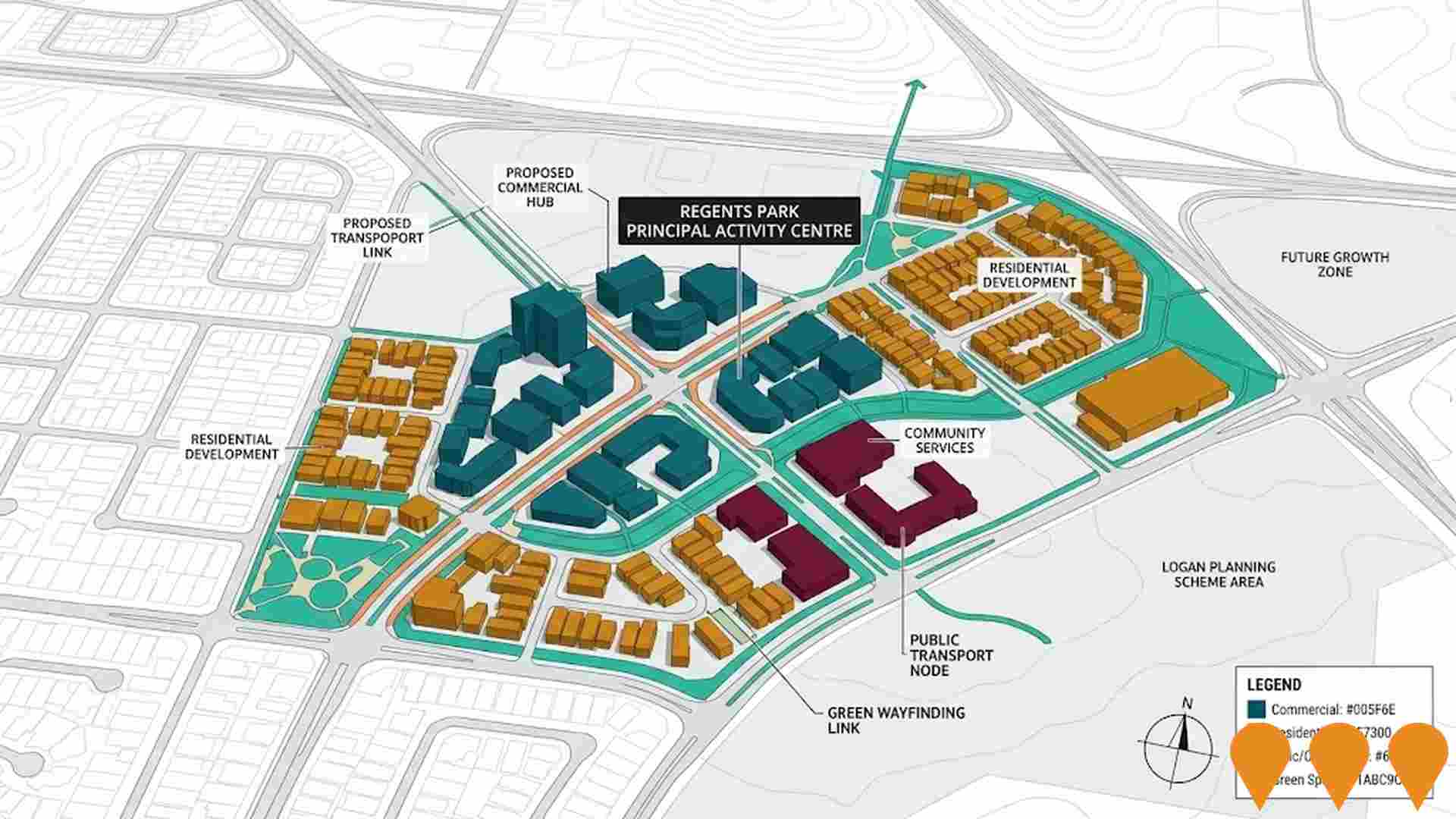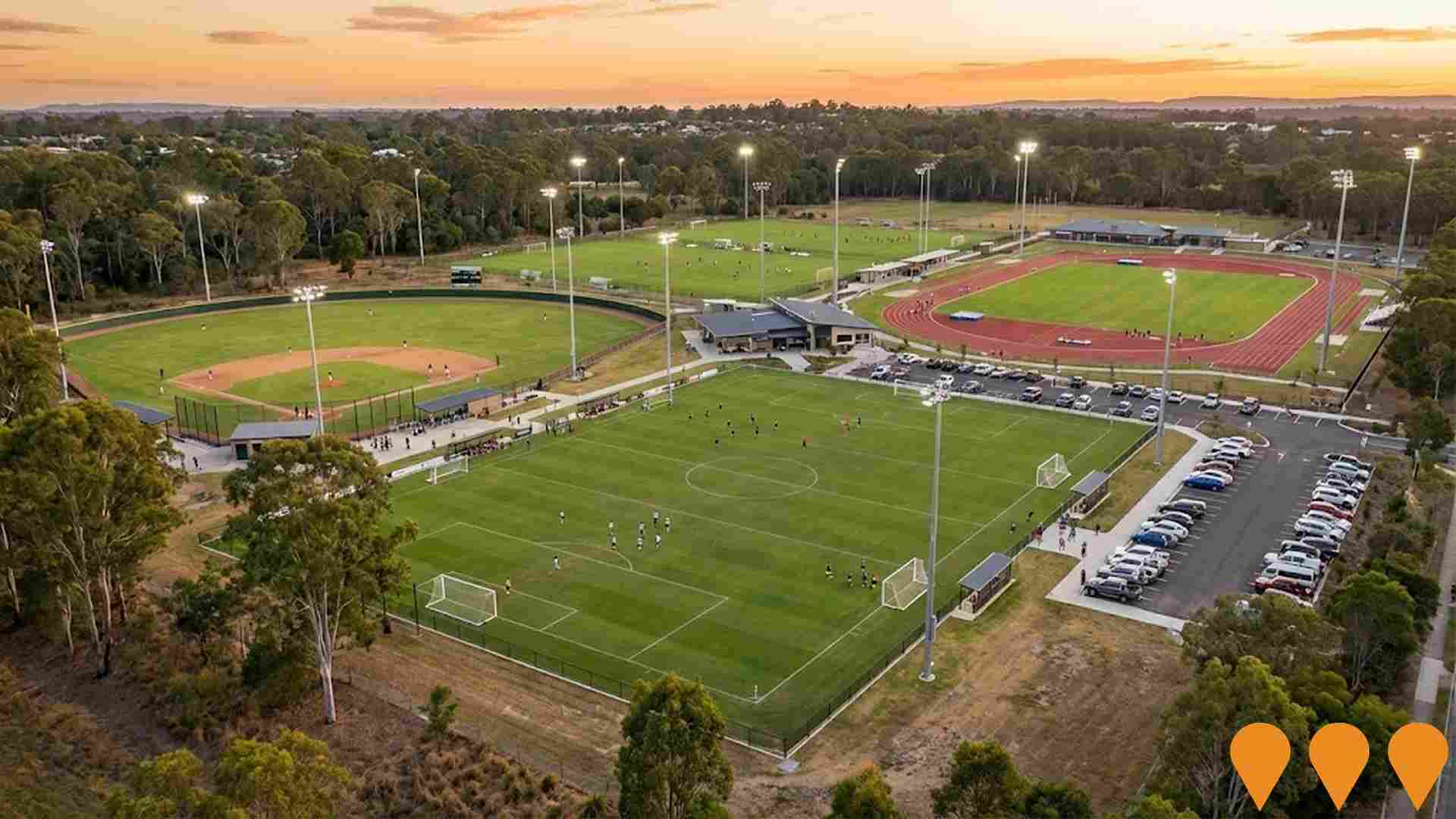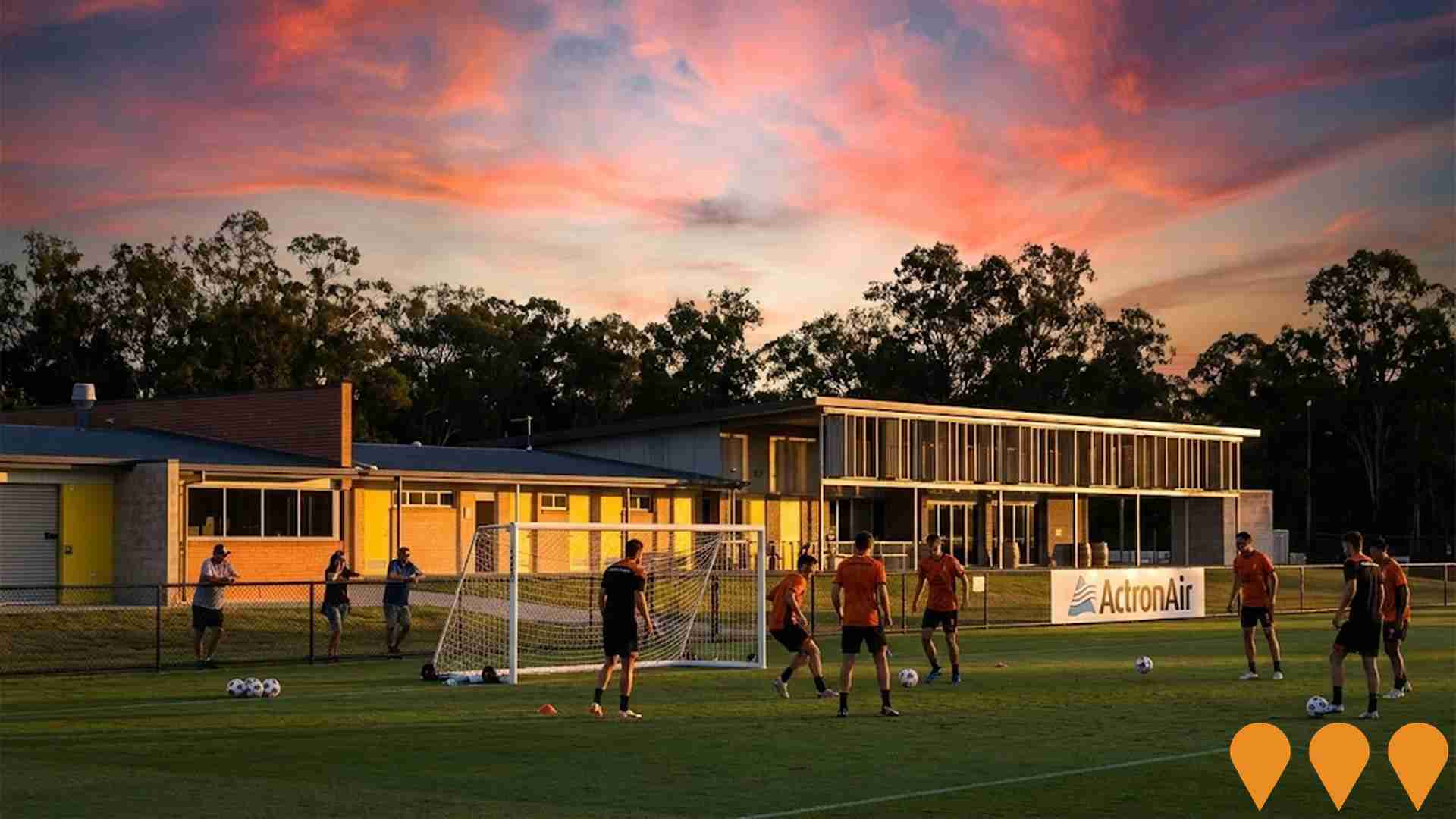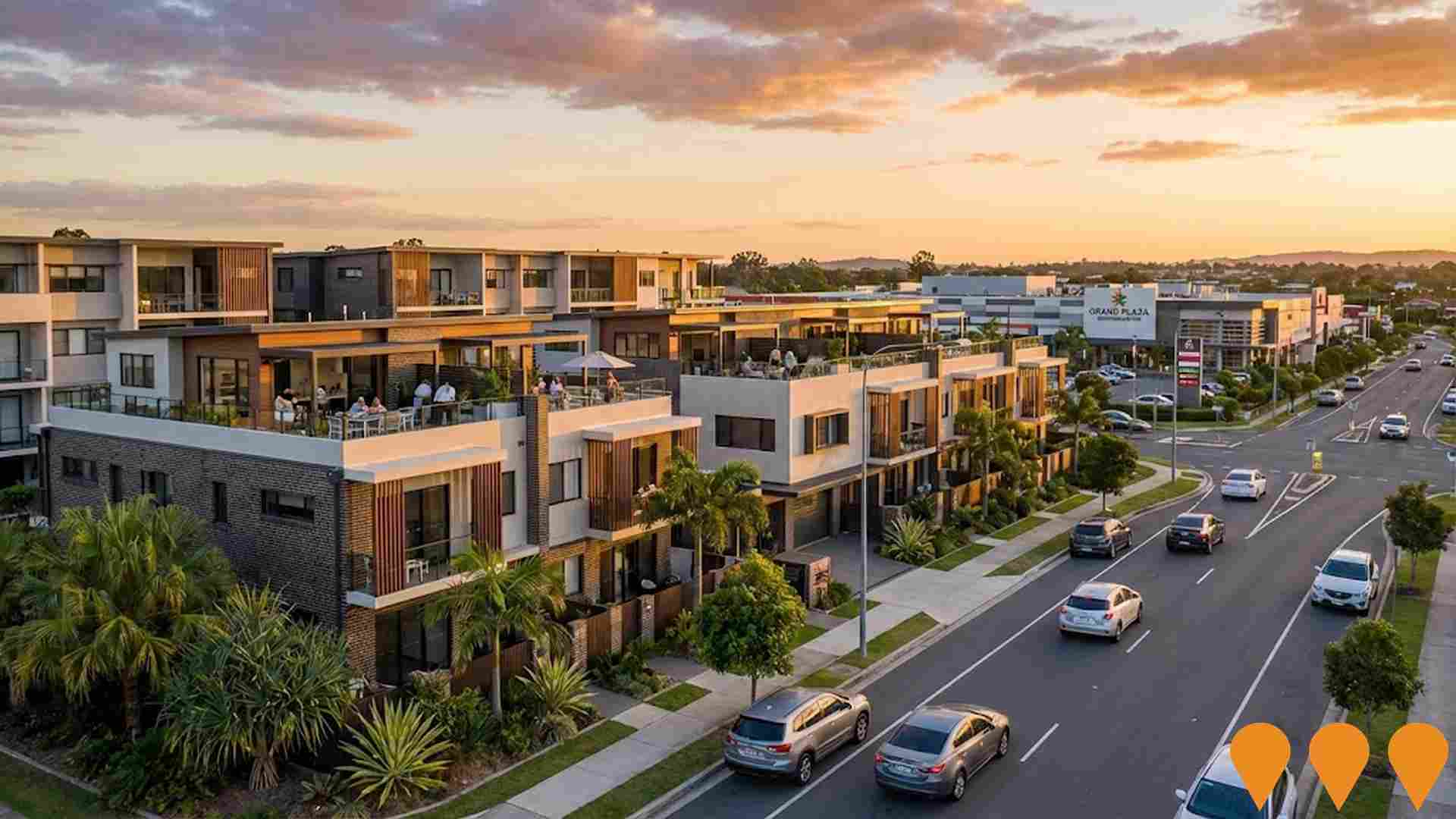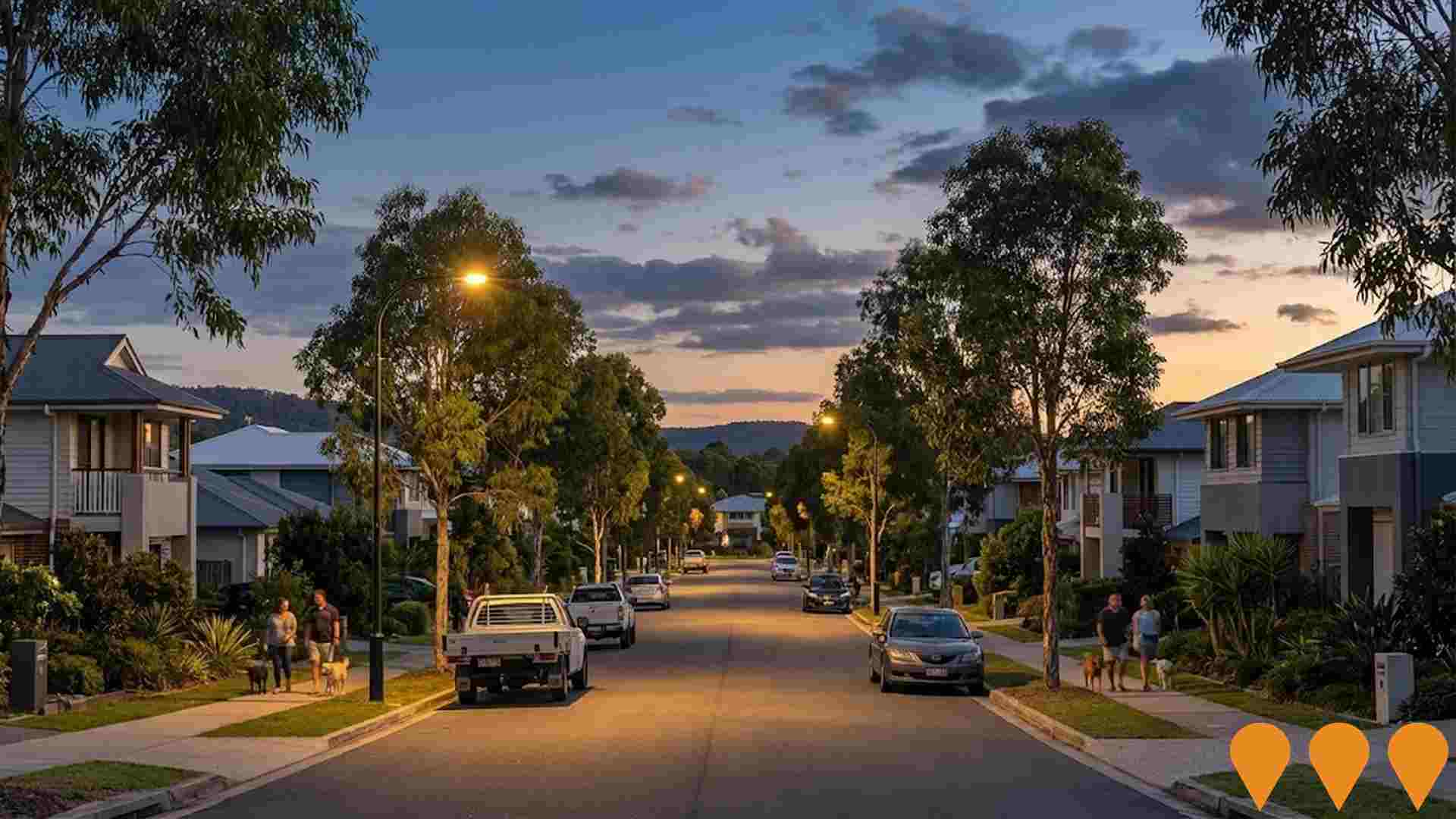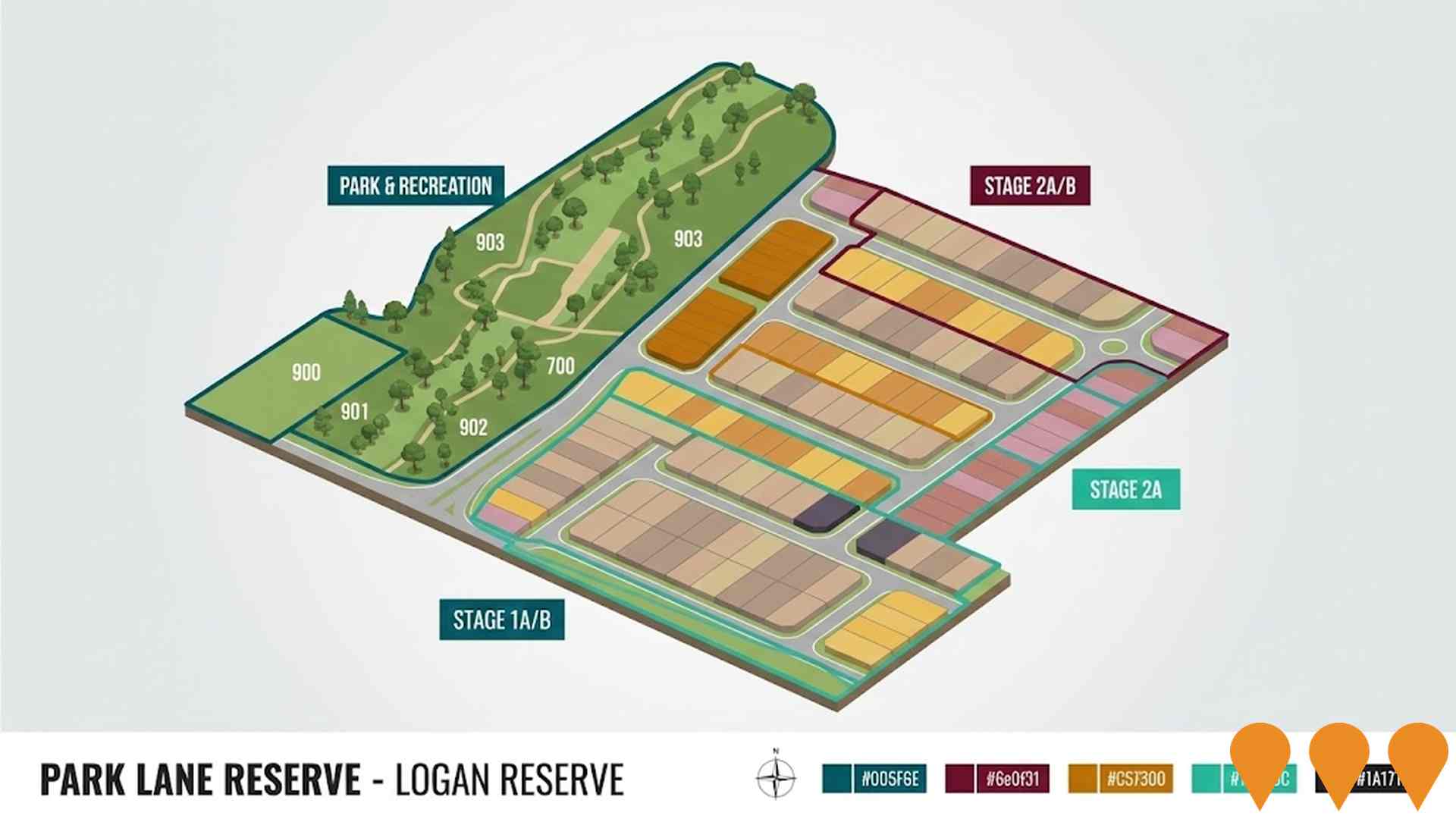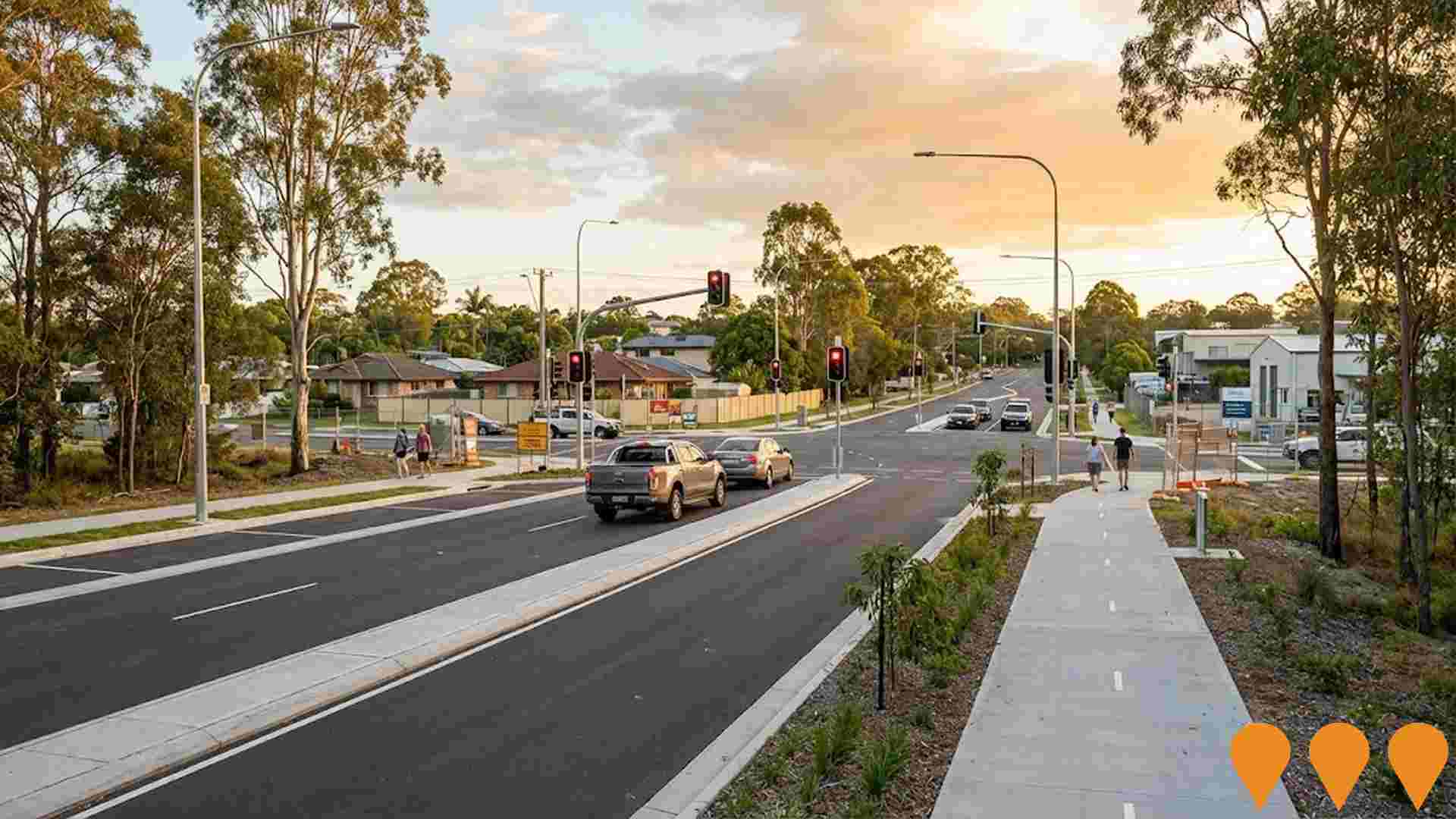Chart Color Schemes
This analysis uses ABS Statistical Areas Level 2 (SA2) boundaries, which can materially differ from Suburbs and Localities (SAL) even when sharing similar names.
SA2 boundaries are defined by the Australian Bureau of Statistics and are designed to represent communities for statistical reporting (e.g., census and ERP).
Suburbs and Localities (SAL) represent commonly-used suburb/locality names (postal-style areas) and may use different geographic boundaries. For comprehensive analysis, consider reviewing both boundary types if available.
est. as @ -- *
ABS ERP | -- people | --
2021 Census | -- people
Sales Activity
Curious about local property values? Filter the chart to assess the volume and appreciation (including resales) trends and regional comparisons, or scroll to the map below view this information at an individual property level.
Find a Recent Sale
Sales Detail
Population
Regents Park - Heritage Park is positioned among the lower quartile of areas assessed nationally for population growth based on AreaSearch's assessment of recent, and medium term trends
Regents Park - Heritage Park's population was 16,032 as of the 2021 Census. By Nov 2025, it had increased to around 17,049, a rise of 1,017 people (6.3%). This growth is inferred from ABS' estimated resident population of 17,046 in June 2024 and an additional 64 validated new addresses since the Census date. The population density as of Nov 2025 was 1,817 persons per square kilometer. Natural growth contributed approximately 51.9% of overall population gains during recent periods. AreaSearch adopts ABS/Geoscience Australia projections for each SA2 area released in 2024 with a base year of 2022.
For areas not covered by this data and years post-2032, Queensland State Government's SA2 area projections released in 2023 based on 2021 data are used. Considering projected demographic shifts, the area is expected to grow by 574 persons to 2041, reflecting a gain of 3.4% over the 17 years.
Frequently Asked Questions - Population
Development
Residential development activity is lower than average in Regents Park - Heritage Park according to AreaSearch's national comparison of local real estate markets
Regents Park - Heritage Park has recorded approximately 22 residential properties granted approval annually. Over the past five financial years, from FY-21 to FY-25, around 113 homes were approved, with an additional 7 approved so far in FY-26. On average, for every home built over these five years, there are approximately 4.6 new residents.
This indicates a significant demand exceeding supply, which typically results in price growth and increased buyer competition. The average construction cost of new properties is around $273,000, aligning with broader regional development trends. In terms of commercial activity, there have been $23.9 million worth of approvals in the current financial year, indicating steady investment activity. However, when compared to Greater Brisbane, Regents Park - Heritage Park shows substantially reduced construction levels, at 92.0% below the regional average per person. This scarcity of new homes typically strengthens demand and prices for existing properties.
The recent construction activity comprises approximately 88.0% standalone homes and 12.0% townhouses or apartments, sustaining the area's suburban identity with a concentration of family homes suited to buyers seeking space. The location has around 828 people per dwelling approval, demonstrating an established market. Looking ahead, Regents Park - Heritage Park is expected to grow by approximately 571 residents through to 2041, according to the latest AreaSearch quarterly estimate. At current development rates, new housing supply should comfortably meet demand, providing good conditions for buyers and potentially supporting growth beyond current population projections.
Frequently Asked Questions - Development
Infrastructure
Regents Park - Heritage Park has strong levels of nearby infrastructure activity, ranking in the top 30% nationally
Changes to local infrastructure significantly influence an area's performance. AreaSearch has identified 17 projects likely to impact the area. Notable projects include Regents Park Principal Activity Centre Plan, The Avenues at Browns Plains, Regency Plaza Redevelopment, and Site Development Plan - Regency, Regents & Hyde Park. Below is a list of those most relevant.
Professional plan users can use the search below to filter and access additional projects.
INFRASTRUCTURE SEARCH
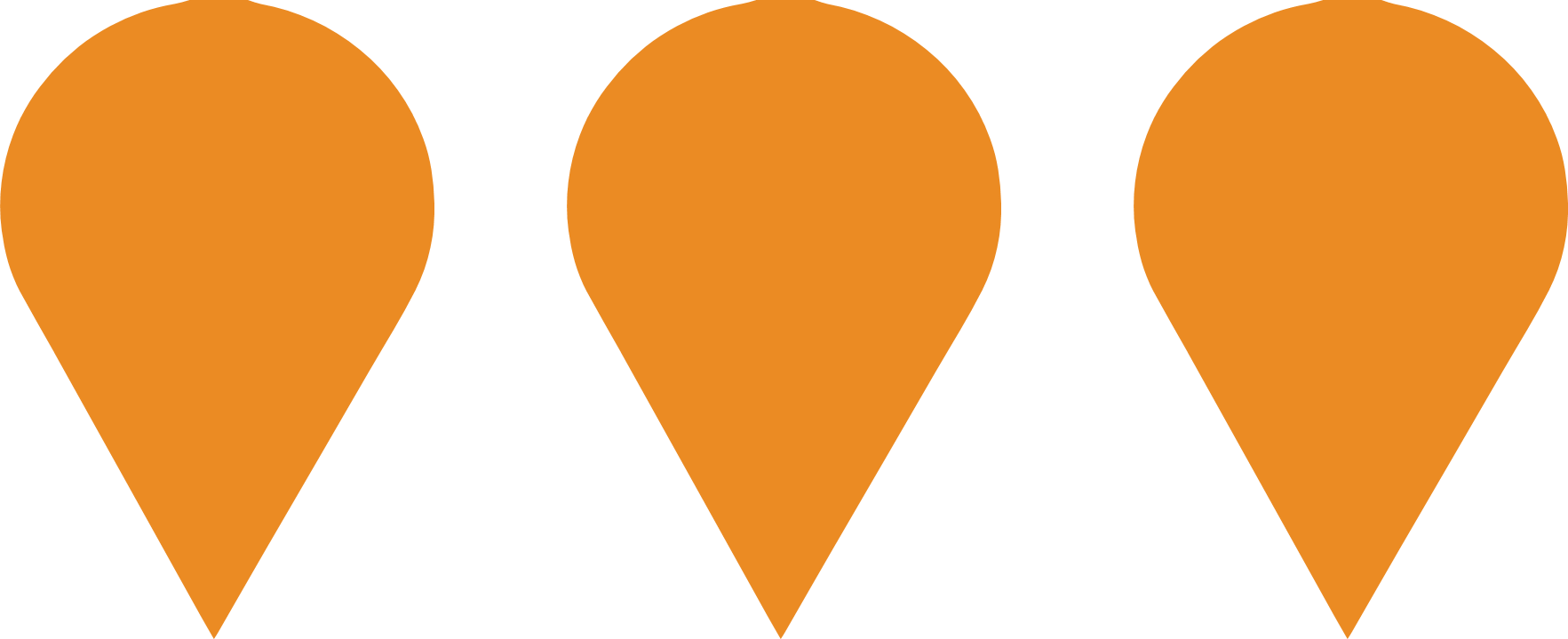 Denotes AI-based impression for illustrative purposes only, not to be taken as definitive under any circumstances. Please follow links and conduct other investigations from the project's source for actual imagery. Developers and project owners wishing us to use original imagery please Contact Us and we will do so.
Denotes AI-based impression for illustrative purposes only, not to be taken as definitive under any circumstances. Please follow links and conduct other investigations from the project's source for actual imagery. Developers and project owners wishing us to use original imagery please Contact Us and we will do so.
Frequently Asked Questions - Infrastructure
Queensland Energy Roadmap Infrastructure
The Queensland Energy Roadmap 2025 is the State Government's strategic plan to deliver affordable, reliable, and sustainable energy. Replaces the former Energy and Jobs Plan, focusing on extending the life of state-owned coal assets, a $1.6 billion Electricity Maintenance Guarantee, and the $400 million Queensland Energy Investment Fund. Key infrastructure includes the CopperString transmission line and new gas-fired generation, while the Pioneer-Burdekin Pumped Hydro project has been cancelled in favor of smaller storage options.
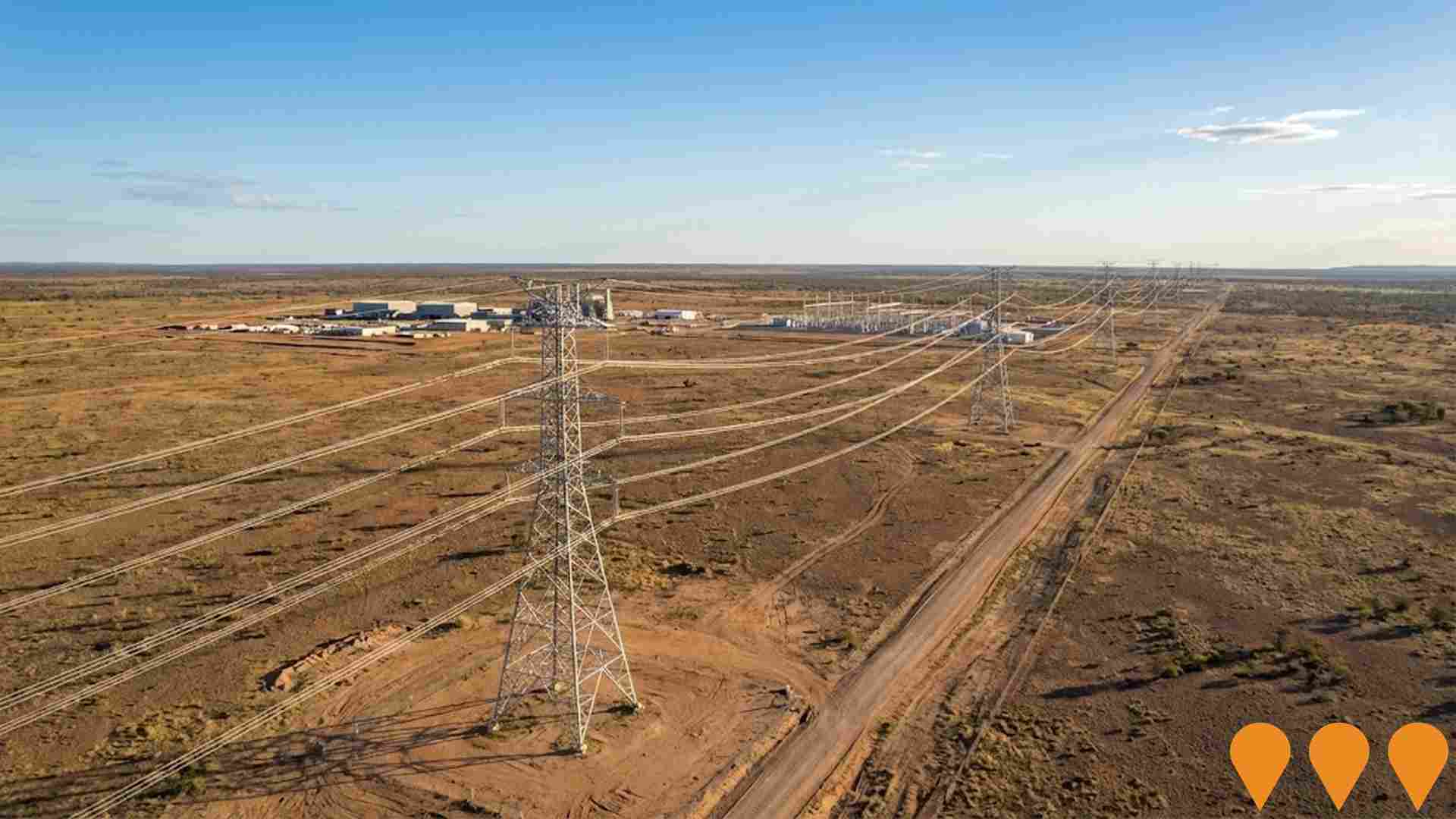
Logan Plan
The Logan Plan is Logan City Council's new city-wide planning scheme replacing the existing 2015 scheme. It will guide future growth, housing diversity, employment, and infrastructure across the entire City of Logan to 2046. The draft Logan Plan completed State Interest Review in June 2025 and underwent public consultation from 1 September to 31 October 2025. Council is now reviewing submissions with adoption and commencement targeted for mid-2026.
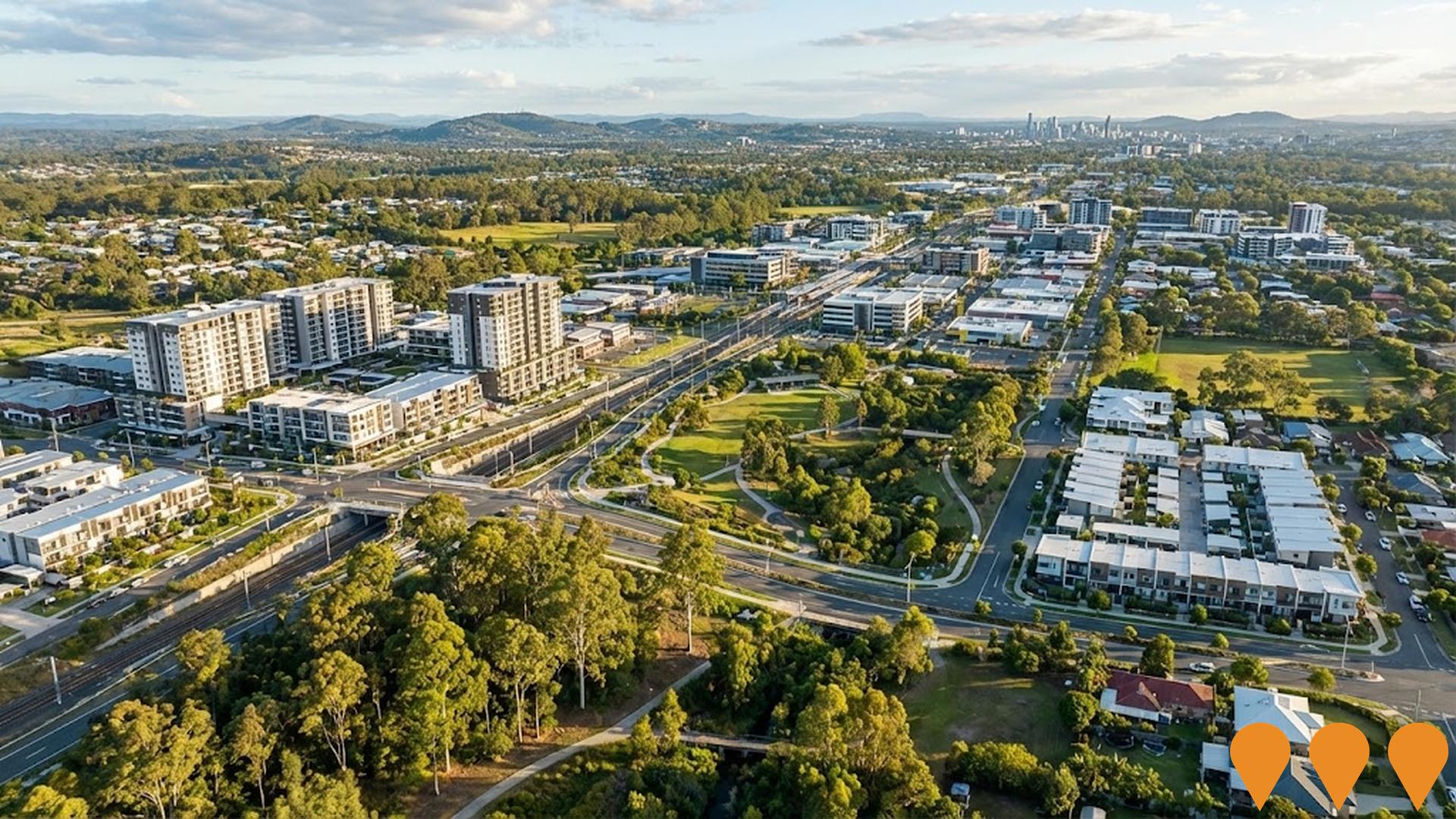
Crestmead Logistics Estate
A $1.5 billion nine-stage industrial estate developed by Pointcorp, delivering 650,000 sqm of warehousing, business, logistics and manufacturing space across 157 hectares. The project is a major industrial growth engine for the south-western Brisbane corridor. Stage 1 was completed and purchased by Mapletree Investments for $90 million to develop a $440 million Mapletree Logistics Park. Stage 2 of Mapletree Logistics Park, adding 37,751 sqm, was due for completion in October 2023, with Stage 3 construction commencing for March/April 2025 occupancy.
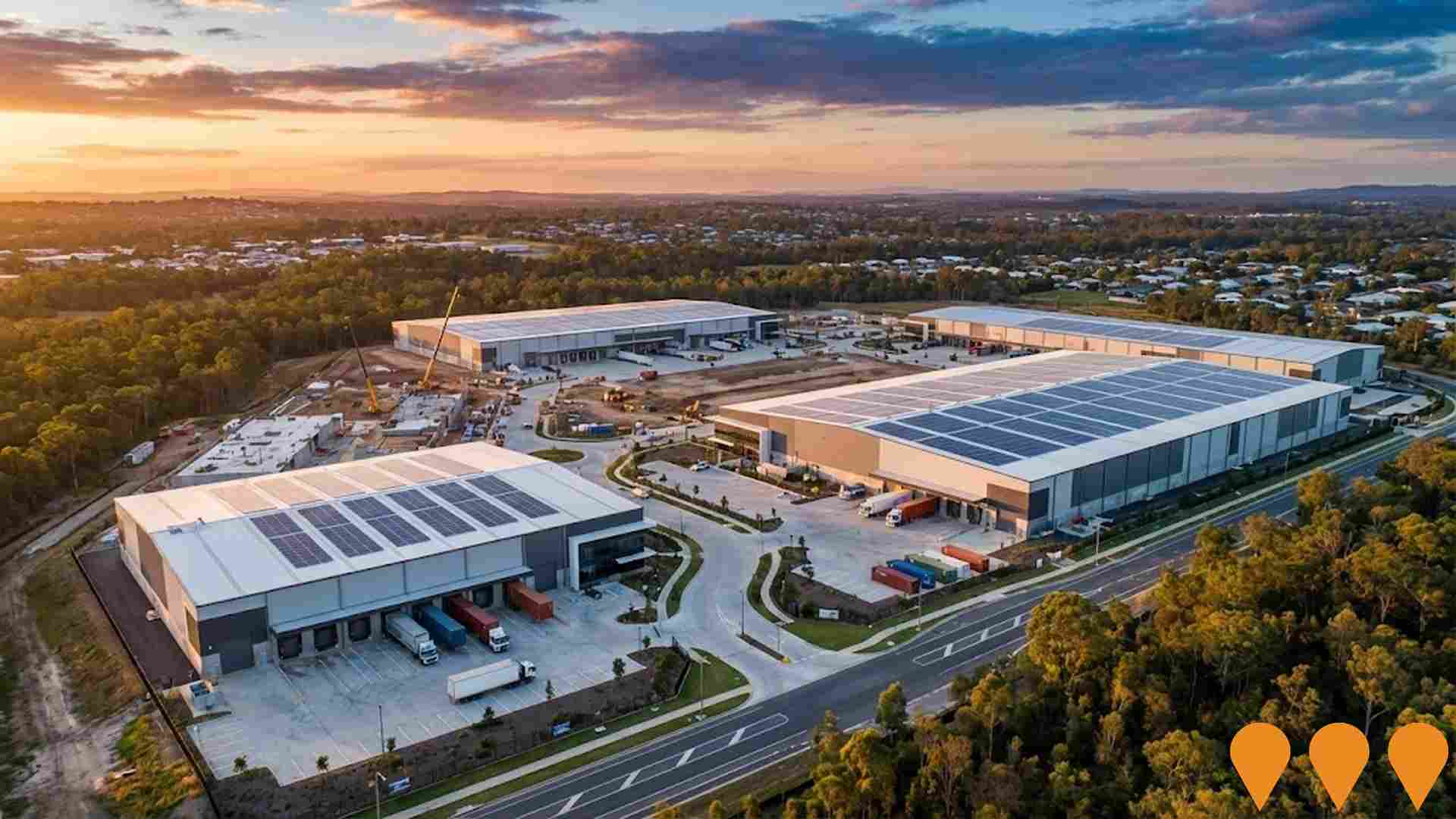
Grand Plaza Shopping Centre Refurbishment
Major refurbishment and amenity upgrade program at Grand Plaza Shopping Centre, Browns Plains. A new Development Application (DA No. DEV2025/1234) for internal refurbishments including new amenities, signage upgrades and minor tenancy reconfigurations was lodged with Logan City Council on 20 May 2025 and remains under assessment as of December 2025. Previous stages have included food court enhancements and customer facility improvements. The centre is jointly owned by Vicinity Centres (50%) and EG Funds Management (50%).
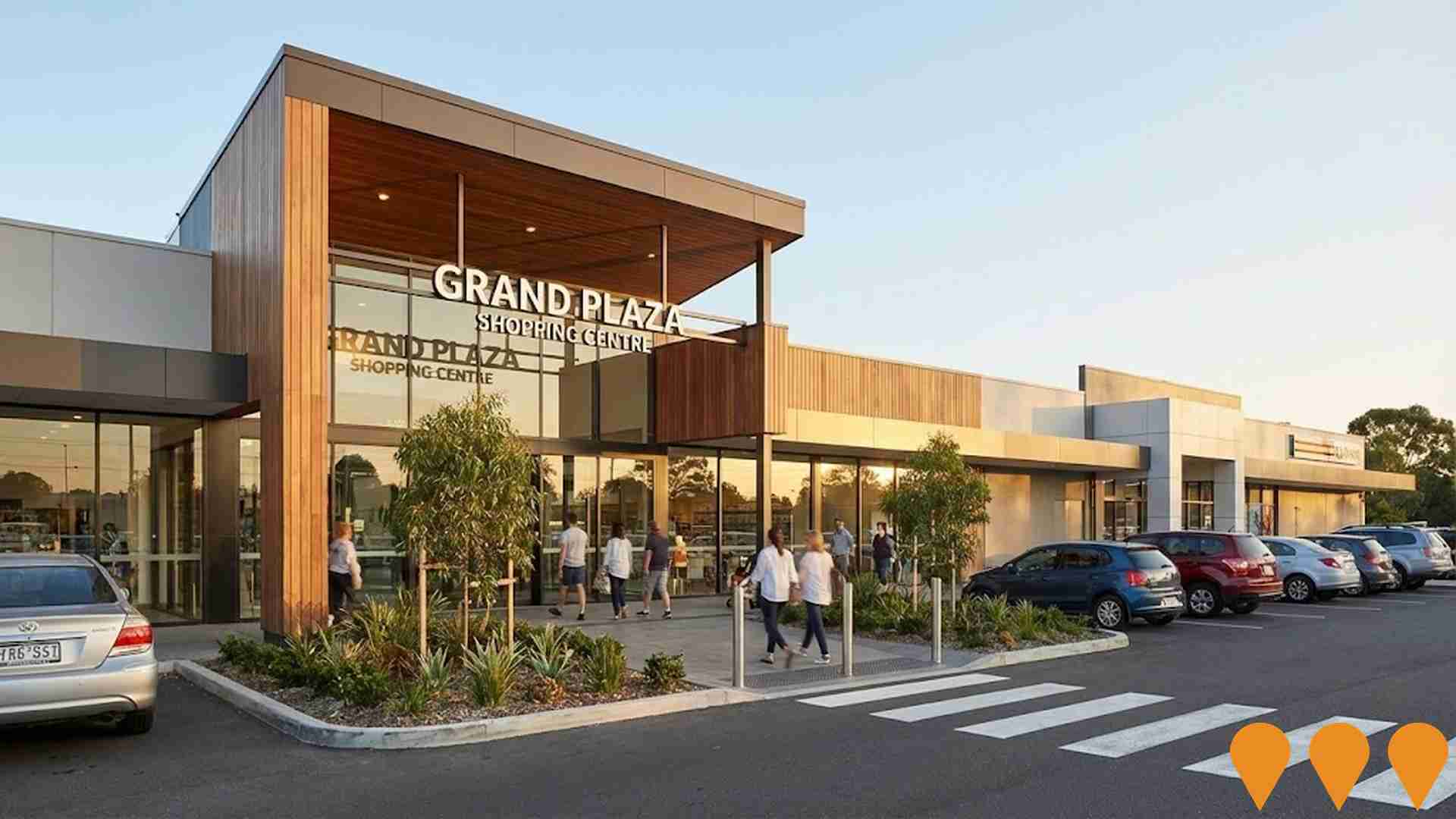
Browns Plains Central
Mixed-use masterplanned community delivering approximately 1,200 apartments, townhouses, and retail/commercial space. The project is located opposite Grand Plaza in Browns Plains. The development is subject to the Browns Plains Local Plan, which is designed to develop the area as a major centre within the Logan urban footprint, supporting a range of mixed-use residential and employment activities.
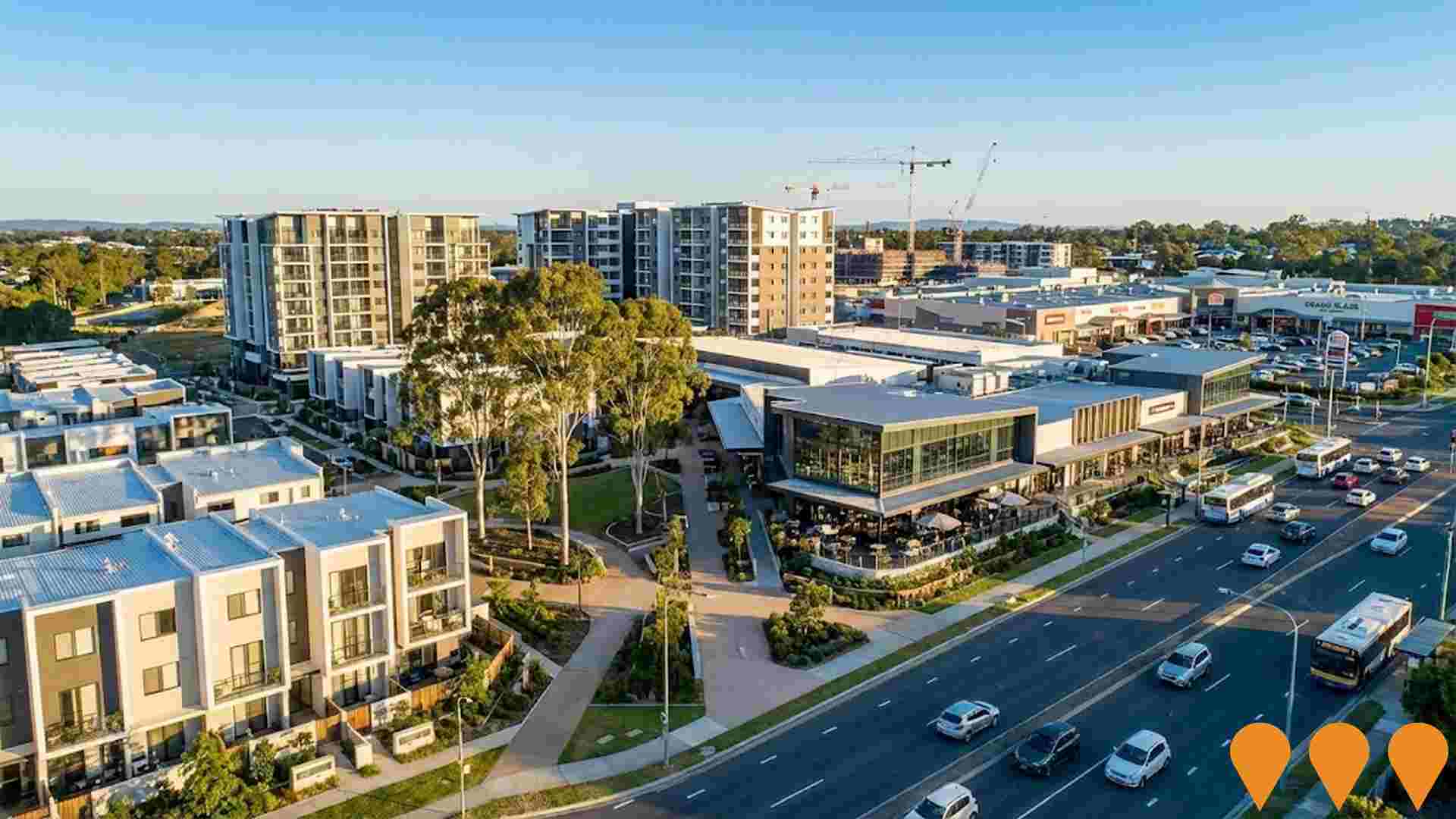
Regency Plaza Redevelopment
Retail centre redevelopment providing an extra 800 square metres of retail space, complete centre renovation, and upgrade of all existing services. The project was carefully executed with tenants including IGA continuing to trade throughout the construction process. Designed by Cottee Parker Architects, this local shopping precinct upgrade serves the Regents Park community with improved retail facilities and modernized infrastructure.
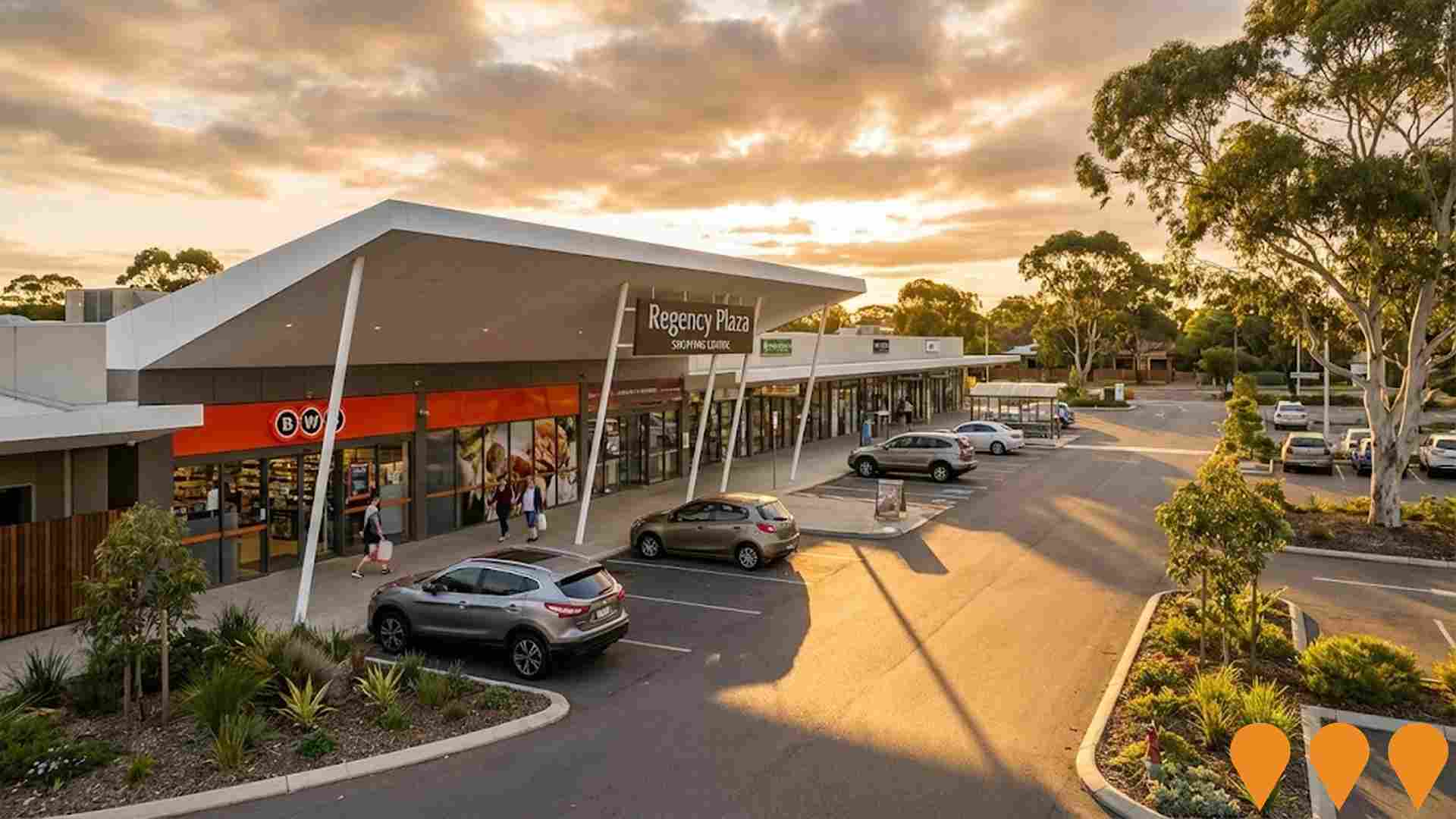
Park Ridge Village
Park Ridge Village is a greenfield development that will provide convenient roadside retail for the local community of Park Ridge. The development will be designed to meet the needs and desires of the growing Logan LGA community by providing its customers with a wide range of services and amenities. The project will comprise a mix of commercial spaces, including retail outlets, restaurants, and service providers, offering a convenient shopping experience with ample parking and easy access.

Pan Pacific Recycling Solar Panel Facility
Australia's first commercial solar panel recycling facility planned for Crestmead. Will process end-of-life solar panels to recover valuable materials including silicon, silver, aluminium and glass for reuse in new panels.
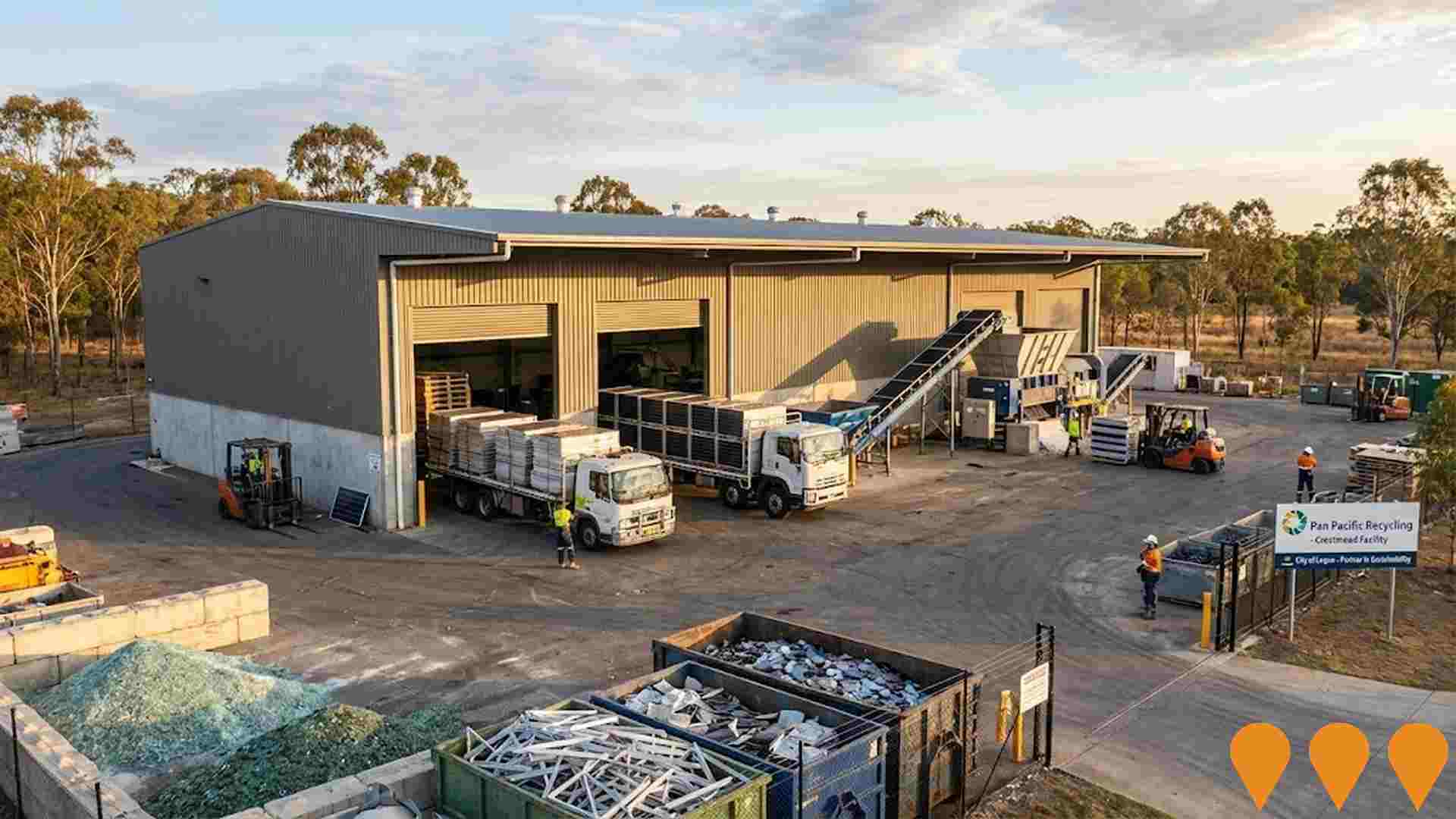
Employment
Employment conditions in Regents Park - Heritage Park demonstrate exceptional strength compared to most Australian markets
Regents Park - Heritage Park has a balanced workforce with both white and blue collar jobs. Manufacturing and industrial sectors are strongly represented.
The unemployment rate is 2.6%, with an estimated employment growth of 3.4% over the past year. As of September 2025, there are 9,751 residents employed, with an unemployment rate of 1.4% below Greater Brisbane's rate of 4.0%. Workforce participation is at 68.4%, slightly higher than Greater Brisbane's 64.5%. Employment is concentrated in health care & social assistance, construction, and retail trade.
Manufacturing employment levels are particularly notable, at 1.7 times the regional average. However, professional & technical services show lower representation, at 3.7% compared to the regional average of 8.9%. The area appears to offer limited local employment opportunities. Over the year to September 2025, employment increased by 3.4%, while labour force increased by 2.1%, leading to a fall in unemployment rate of 1.2 percentage points. In Greater Brisbane, employment grew by 3.8%, labour force expanded by 3.3%, and unemployment fell by 0.5 percentage points. State-level data as of 25-Nov shows Queensland's employment contracted by 0.01% (losing 1,210 jobs), with an unemployment rate of 4.2%. National employment forecasts from May-25 suggest a potential increase in local employment by 6.0% over five years and 12.7% over ten years, based on industry-specific projections applied to the area's current employment mix.
Frequently Asked Questions - Employment
Income
Income levels align closely with national averages, indicating typical economic conditions for Australian communities according to AreaSearch analysis
AreaSearch's aggregation of ATO data shows Regents Park - Heritage Park SA2 had a median taxpayer income of $51,299 and an average income of $56,867 in financial year 2022. These figures are lower than national averages of $55,645 and $70,520 for Greater Brisbane respectively. Based on Wage Price Index growth of 13.99% since financial year 2022, estimated median income is approximately $58,476 and average income is around $64,823 by September 2025. The 2021 Census reveals household, family, and personal incomes in Regents Park - Heritage Park cluster at the 54th percentile nationally. Income analysis shows 43.5% of the population (7,416 individuals) fall within the $1,500 - $2,999 income range. High housing costs consume 15.5% of income, but strong earnings place disposable income at the 61st percentile.
Frequently Asked Questions - Income
Housing
Regents Park - Heritage Park is characterized by a predominantly suburban housing profile, with above-average rates of outright home ownership
Regents Park - Heritage Park's dwelling structure, as per the latest Census, consisted of 99.2% houses and 0.8% other dwellings (semi-detached, apartments, 'other' dwellings), compared to Brisbane metro's 89.2% houses and 10.9% other dwellings. Home ownership in Regents Park - Heritage Park stood at 23.1%, with mortgaged dwellings at 53.1% and rented ones at 23.8%. The median monthly mortgage repayment was $1,689, higher than Brisbane metro's average of $1,600. Median weekly rent in the area was $390, compared to Brisbane metro's $360. Nationally, Regents Park - Heritage Park's mortgage repayments were lower than the Australian average of $1,863, while rents exceeded the national figure of $375.
Frequently Asked Questions - Housing
Household Composition
Regents Park - Heritage Park features high concentrations of family households, with a higher-than-average median household size
Family households account for 85.1% of all households, including 42.7% couples with children, 25.8% couples without children, and 15.5% single parent families. Non-family households constitute the remaining 14.9%, with lone person households at 12.3% and group households making up 2.5%. The median household size is 3.1 people, which is larger than the Greater Brisbane average of 3.0.
Frequently Asked Questions - Households
Local Schools & Education
Educational outcomes in Regents Park - Heritage Park fall within the lower quartile nationally, indicating opportunities for improvement in qualification attainment
The area's university qualification rate is 15.7%, significantly lower than Greater Brisbane's average of 30.5%. Bachelor degrees are the most common at 11.3%, followed by postgraduate qualifications (2.7%) and graduate diplomas (1.7%). Vocational credentials are prevalent, with 40.5% of residents aged 15+ holding them, including advanced diplomas (11.2%) and certificates (29.3%). Educational participation is high, with 30.3% of residents currently enrolled in formal education, comprising 11.6% in primary, 9.1% in secondary, and 3.9% in tertiary education.
Educational participation is notably high, with 30.3% of residents currently enrolled in formal education. This includes 11.6% in primary education, 9.1% in secondary education, and 3.9% pursuing tertiary education.
Frequently Asked Questions - Education
Schools Detail
Nearby Services & Amenities
Transport
Transport servicing is low compared to other areas nationally based on assessment of service frequency, route connectivity and accessibility
Regents Park - Heritage Park has 66 operational public transport stops serving a variety of bus routes. These stops are spread across five different routes that collectively facilitate 683 weekly passenger trips. The average distance residents live from the nearest transport stop is 215 meters, indicating good accessibility.
Service frequency averages 97 trips per day across all routes, translating to approximately ten weekly trips per individual stop.
Frequently Asked Questions - Transport
Transport Stops Detail
Health
Regents Park - Heritage Park's residents are healthier than average in comparison to broader Australia with prevalence of common health conditions quite low among the general population though higher than the nation's average across older, at risk cohorts
Health data for Regents Park - Heritage Park indicates a relatively positive health profile. The prevalence of common health conditions is quite low among the general population but higher than the national average in older, at-risk cohorts.
Private health cover is very low, with approximately 48% of the total population (~8,234 people) having it, compared to the national average of 55.3%. The most common medical conditions are asthma and mental health issues, affecting 8.8% and 8.1% of residents respectively. Around 69.6% of residents declare themselves completely clear of medical ailments, similar to the Greater Brisbane figure of 69.2%. There is a higher proportion of seniors in the area, with 12.9% of residents aged 65 and over (2,197 people). Health outcomes among seniors require more attention than those for the broader population.
Frequently Asked Questions - Health
Cultural Diversity
The level of cultural diversity witnessed in Regents Park - Heritage Park was found to be above average when compared nationally for a number of language and cultural background related metrics
Regents Park-Heritage Park has a higher cultural diversity than most local markets, with 31.7% of its population born overseas and 24.2% speaking a language other than English at home. Christianity is the predominant religion in Regents Park-Heritage Park, comprising 46.6% of the population. The 'Other' religious category shows an overrepresentation compared to Greater Brisbane, with 3.2% of Regents Park-Heritage Park's population identifying as such, versus a regional average of 2.7%.
In terms of ancestry, the top three groups are English (24.9%), Australian (22.8%), and Other (13.1%). Notably, Maori (2.6%) and Samoan (1.6%) populations in Regents Park-Heritage Park differ from regional averages of 3.2% and 3.0%, respectively.
Frequently Asked Questions - Diversity
Age
Regents Park - Heritage Park's population is younger than the national pattern
At age 35 years, Regents Park - Heritage Park's median age is nearly matching Greater Brisbane's average of 36 years, which is somewhat younger than Australia's average of 38 years. Compared to Greater Brisbane, Regents Park - Heritage Park has a higher proportion of residents aged 55-64 (12.8%) but fewer residents aged 25-34 (12.7%). Between the 2021 Census and the present, the population aged 65 to 74 has grown from 6.9% to 8.1%, while the 75 to 84 age group increased from 2.7% to 3.8%. Conversely, the 45 to 54 age group has declined from 13.1% to 11.8%, and the 25 to 34 age group has dropped from 13.8% to 12.7%. Population forecasts for 2041 indicate significant demographic changes in Regents Park - Heritage Park, with the 75 to 84 cohort projected to grow by 81%, adding 517 residents to reach a total of 1,159. Residents aged 65 and above will drive 70% of population growth, emphasizing demographic aging trends. Conversely, population declines are projected for the 0 to 4 and 5 to 14 age groups.
